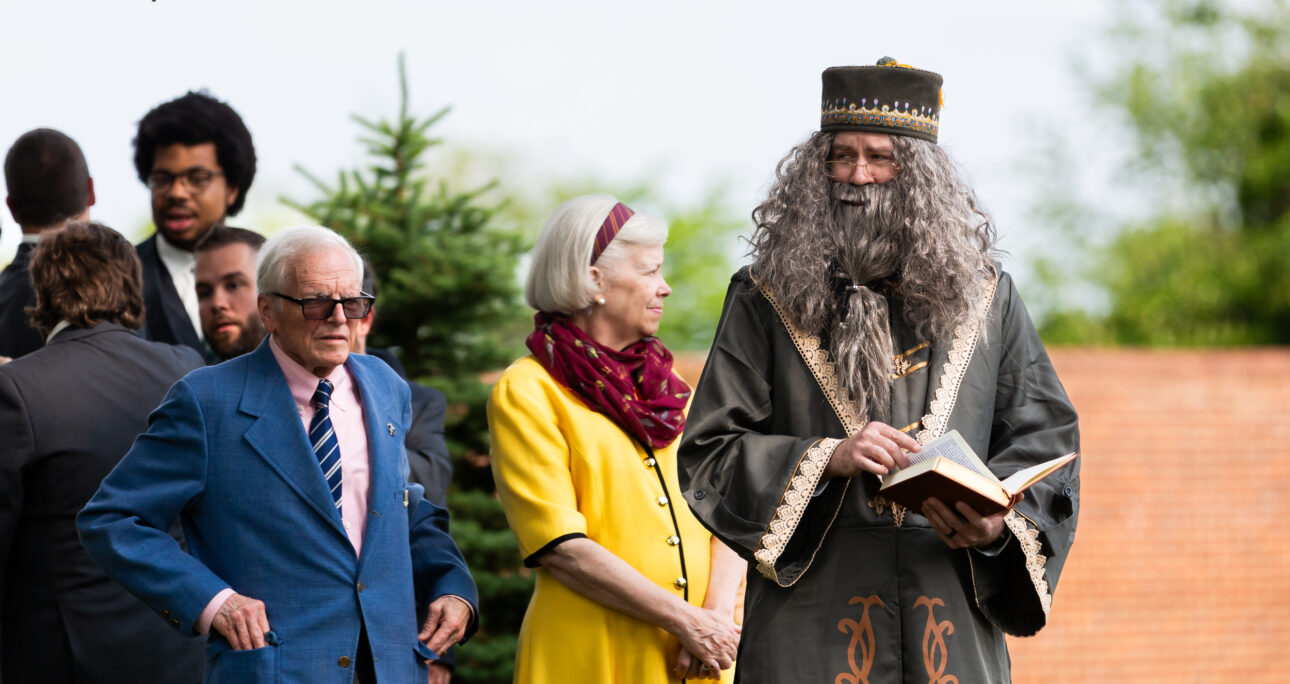Every wedding has a budget for each part of the day. We’ve previously written about the average cost of a wedding so this article will focus on photography and some things to think about when setting your budget for photographs. There’s no shortage of resources on Google to help you plan for your wedding finances, but this is our take as Maryland wedding photographers.
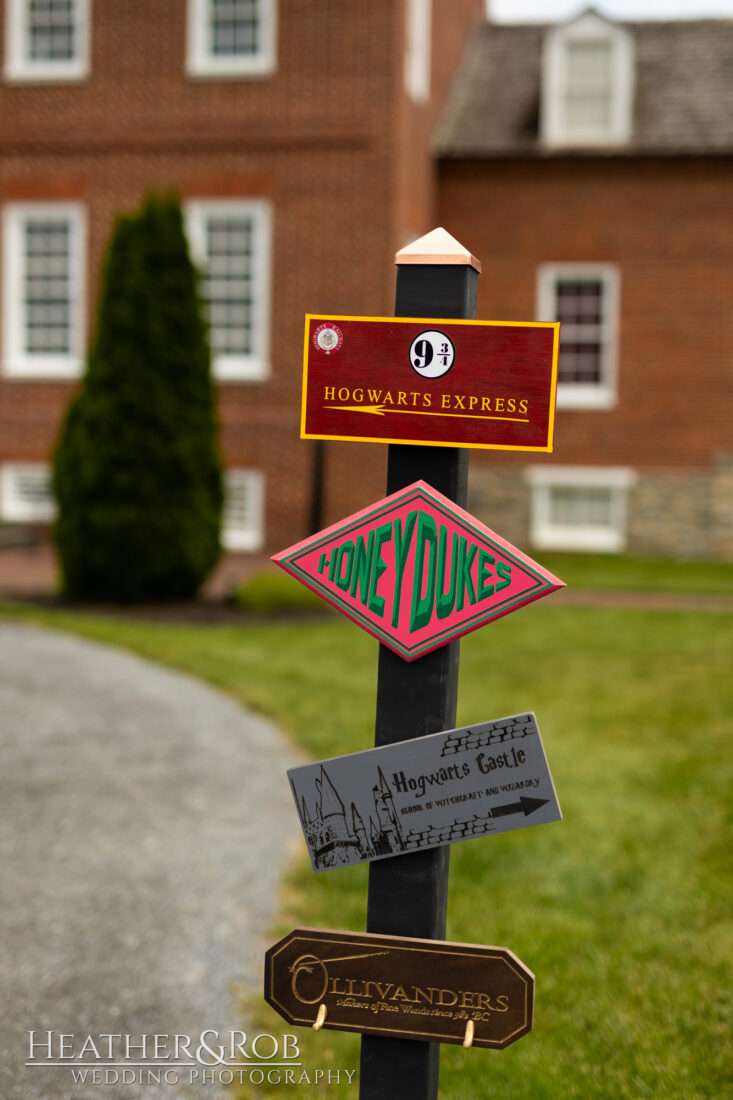
- Photo by Rob Betz
The Things to Consider
We’ll walk you through these most important factors:
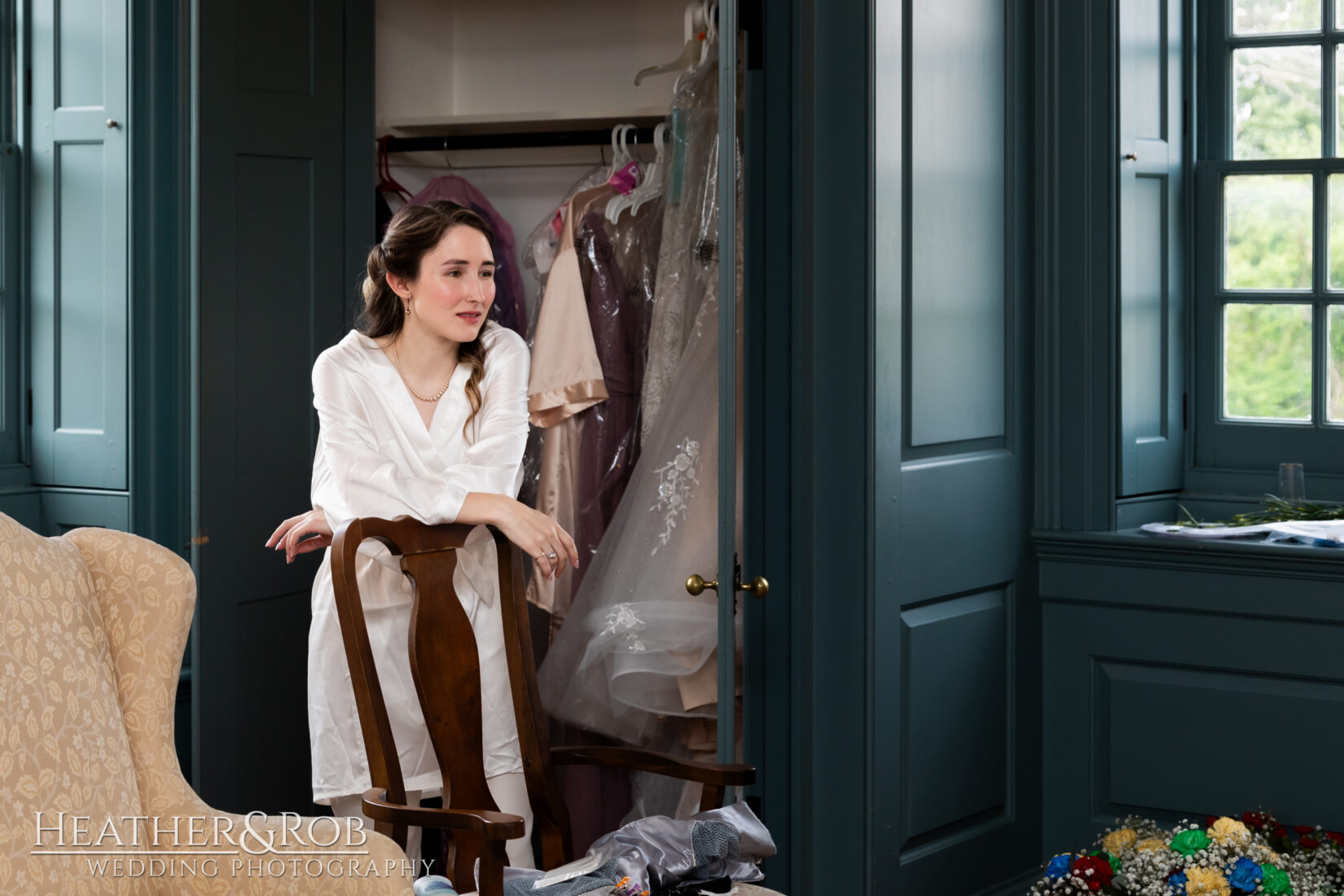
- Photo by Heather Betz
Are wedding photographs a priority for you?
The first question you should ask yourselves when budgeting for wedding photography
Wedding photos are important. No matter what. You’re getting married and whether you hire a pro, a novice, or just having people take pictures with their phones or disposable cameras, chances are there will be photos of your wedding. Because they’re an important part of an important day. However just because they’re important doesn’t mean they’re a priority.
It’s the priority you place on photos that will determine almost all of the things you’ll factor in when budgeting for wedding photography.
If you appreciate fine art photography and could gaze at photos over and over again marveling at the story told in dazzling colors and mastery of light and shadow, you’re almost certain to want a seasoned professional and be willing to budget accordingly.
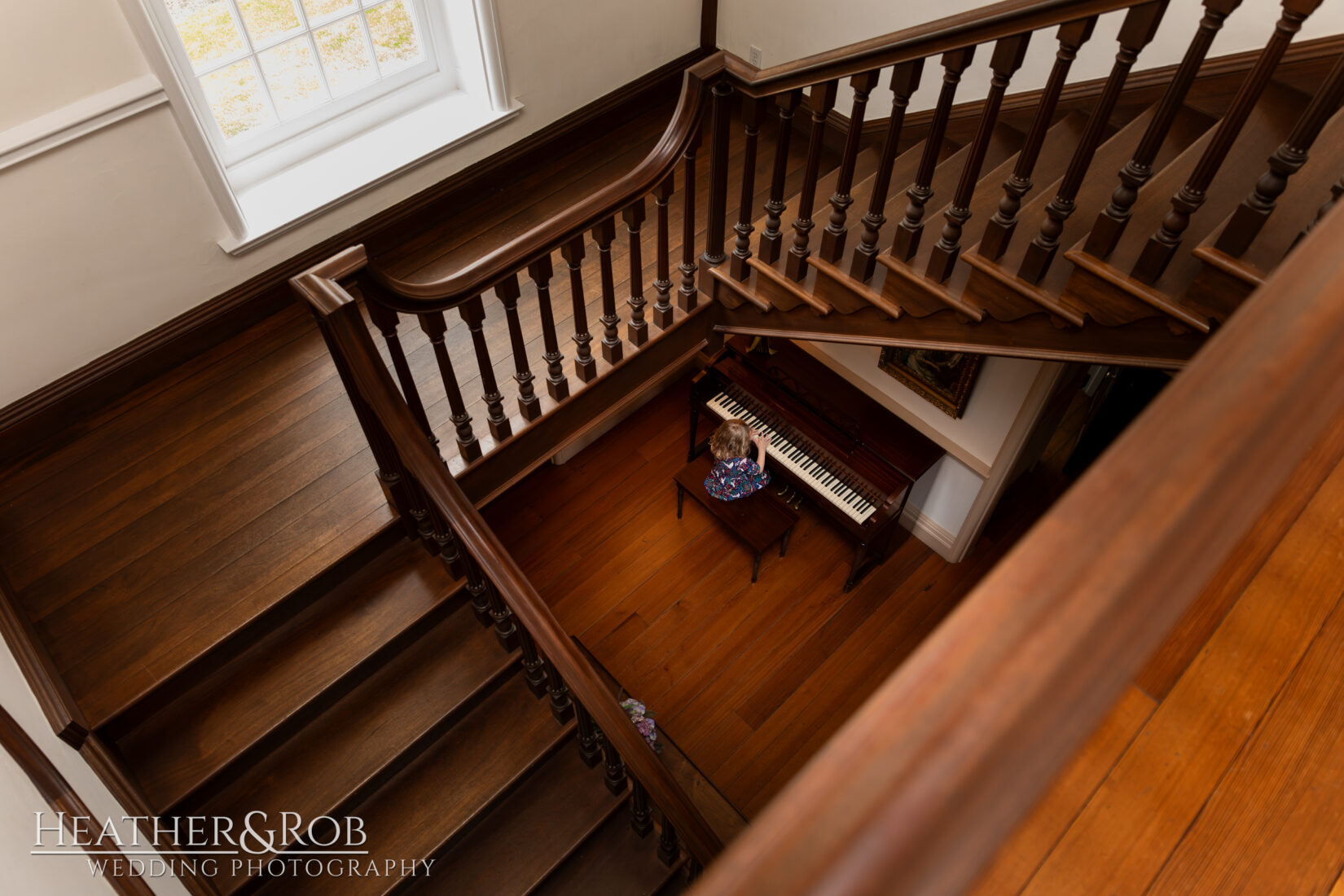
- Photo by Heather Betz
How long do you think your day will be?
You might not have a schedule for your day just yet. Nonetheless, you need to think about the amount of time you’d want to hire a photographer for. Do you just want the photographer to start at the ceremony or begin taking photos while you’re getting ready at a hotel or a suite at the venue or even someone’s house? In this section we’ll take a detailed look at the things that will help you determine how much time you’ll need for photography.
Budgeting for Wedding Photography: Do you want prep photos?
The “hair & makeup” photos, the “guys trying to figure out how the hell to put the boutonnieres on” photos; these all tell a story and are both candid and masterfully composed. And if photos are a priority, then you’re definitely going to want “Prep Photos” from your photographer. That adds time, though you don’t necessarily need your photos to start at dawn.
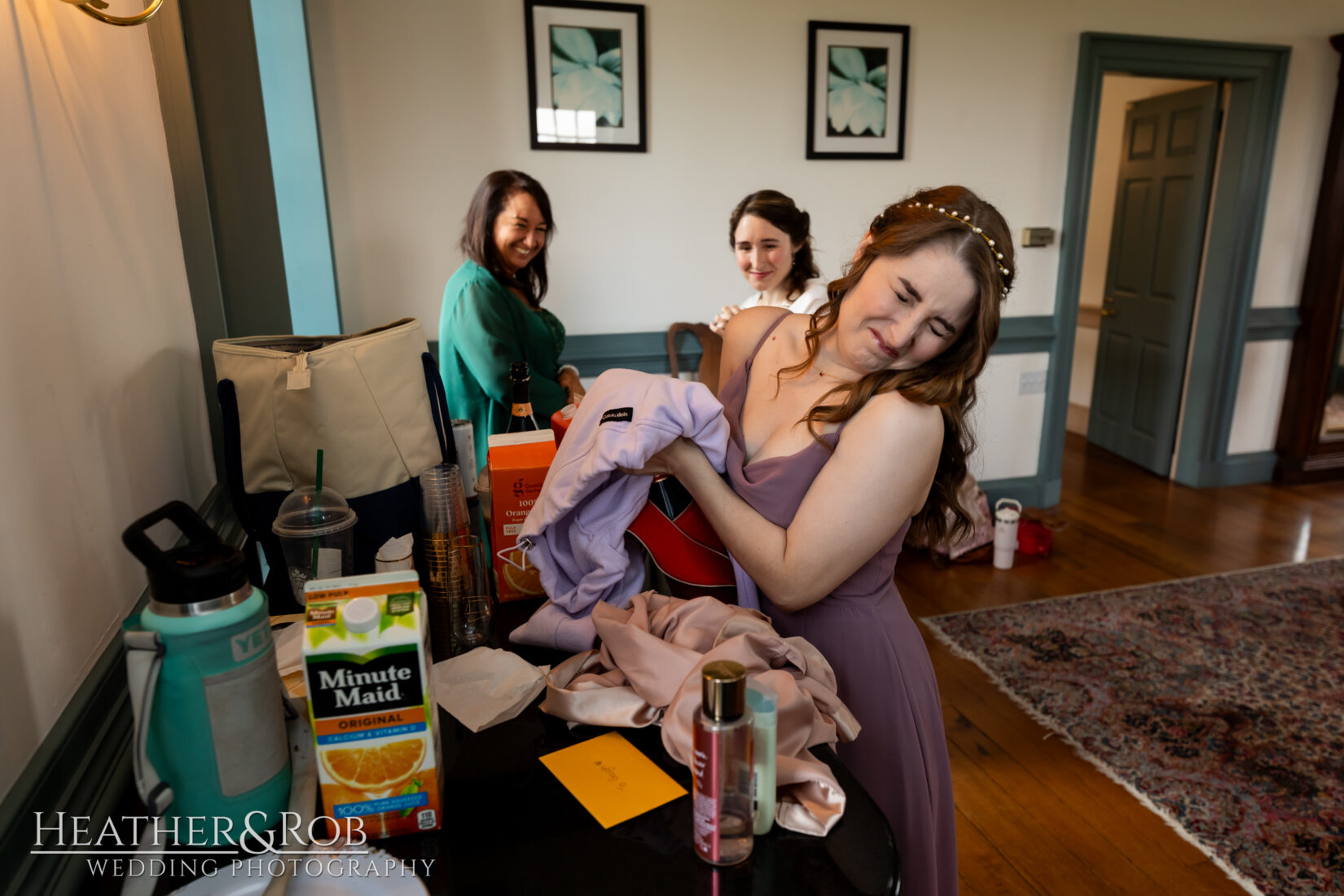
- Photo by Rob Betz
Budgeting for Wedding Photography: Do you think you’ll want to do a “First Look”?
Some grooms have very emotional reactions to seeing the love of their life in her wedding dress for the first time. Traditionally, this has been at the beginning of the ceremony. For some grooms, the idea of letting go and letting the feelings flow while everyone is look at you is very stressful. To be fair, though, most eyes will be on the bride.
Nonetheless, a First Look can allow for that rush of emotions in a more private setting. The couple can truly have a moment together that the ceremony simply doesn’t afford. Additionally, a First Look can allow you to do most or all of your formal photographs before the ceremony. This leaves few, if any, photos to take afterwards and will allow you time to join your cocktail hour. We’ll go more into this below.
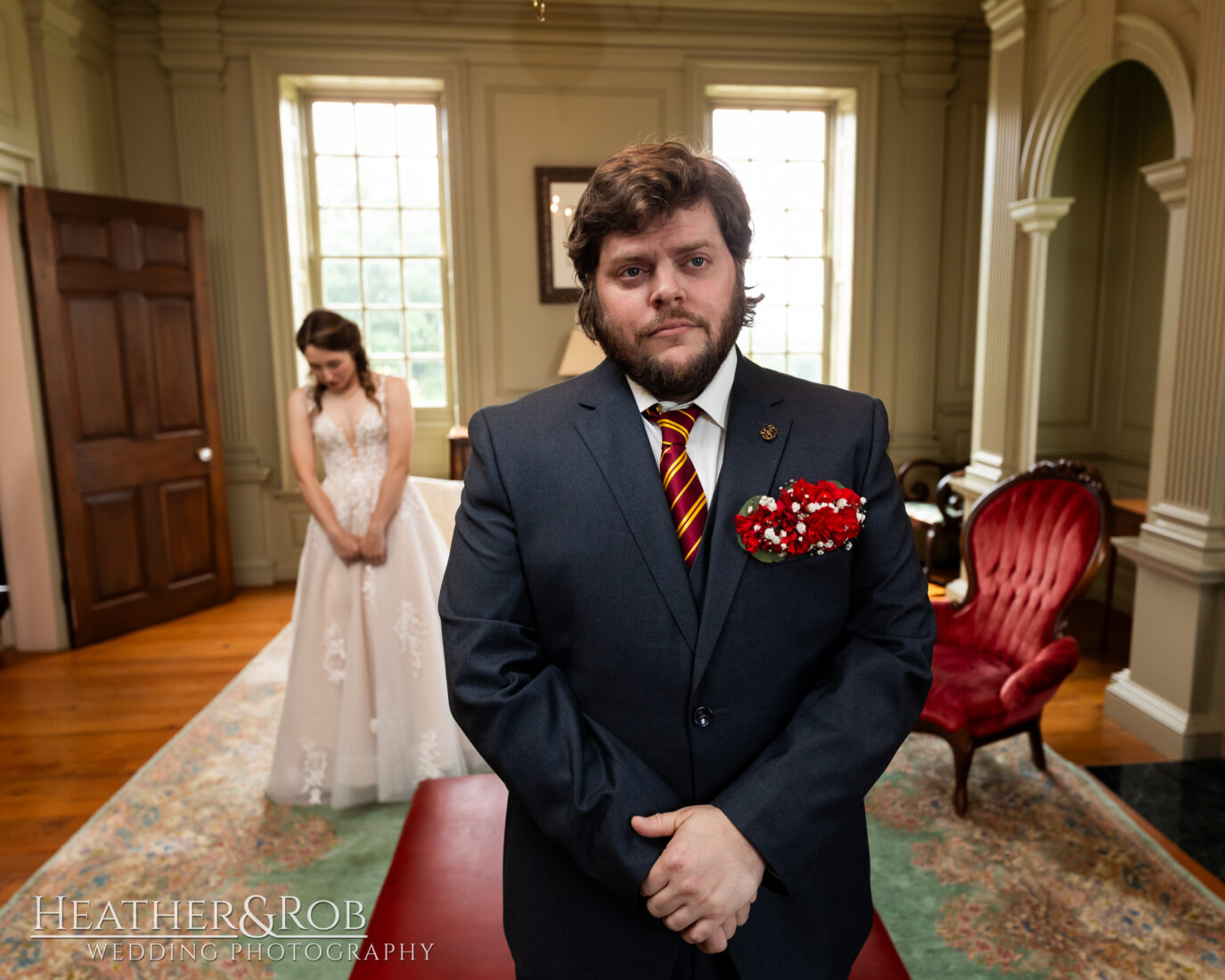
- Photo by Rob Betz
Budgeting for Wedding Photography: Will it be a simple ceremony or a full religious service? Will the ceremony and reception be at the same location?
This can be a factor for formal photos after the ceremony (Unless you’re doing them beforehand as we’ll discuss below), especially if your ceremony is in a different location than the reception.
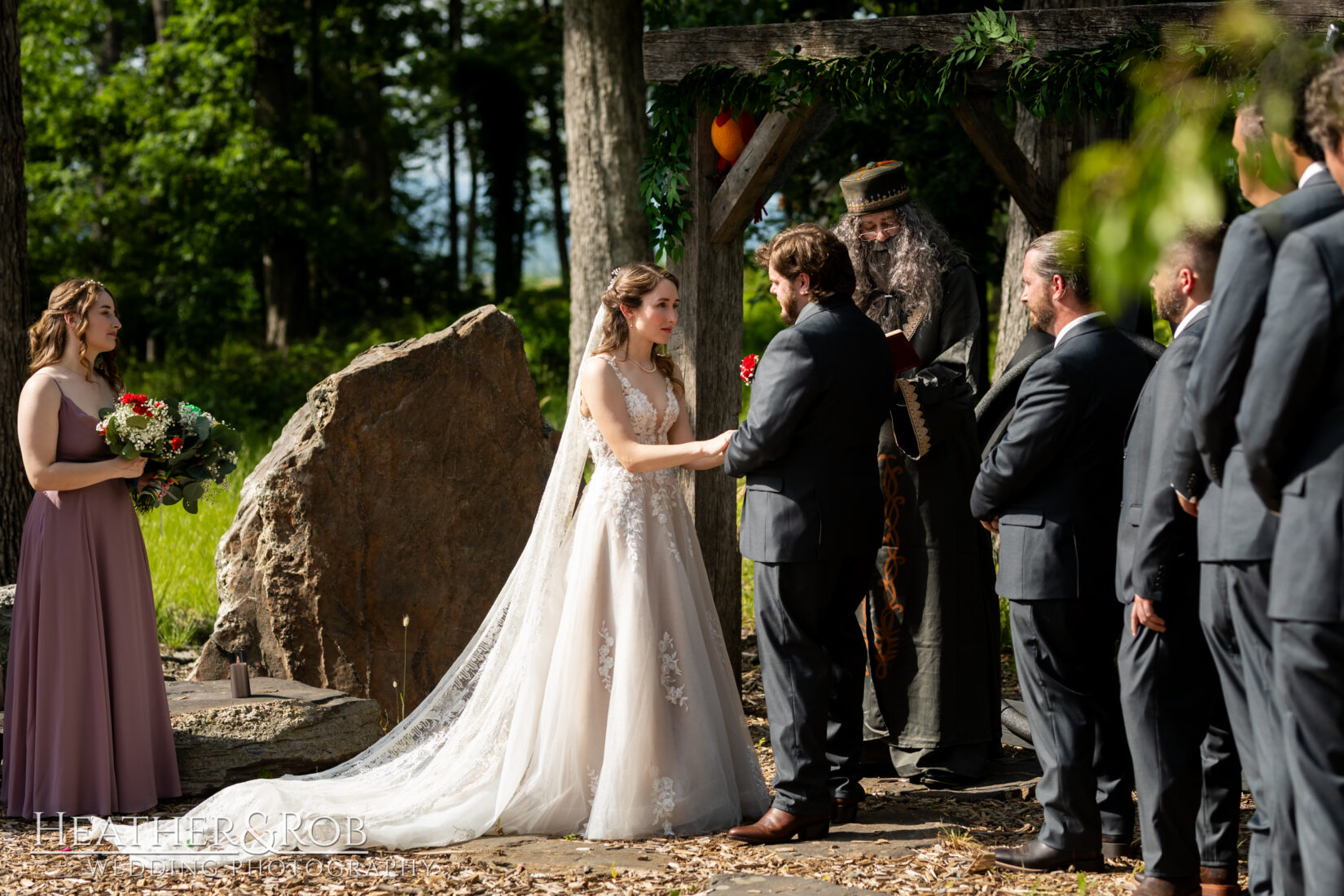
- Photo by Rob Betz
Travel time between different locations can be a factor for some photographers. They might charge travel fees or that time may count against your hours of coverage. We do not; our policy has always been that the drive time between locations is “off the clock”.
Take the example of two couples who book identical packages. One couple is having a church ceremony and a hotel ballroom reception. The other couple is having their ceremony & reception at a golf resort.
Both couples should receive the same amount of photographic coverage, regardless of any driving we need to do to accomplish our goals. But not all photographers have the same philosophy. Something to take into account when budgeting for wedding photography.
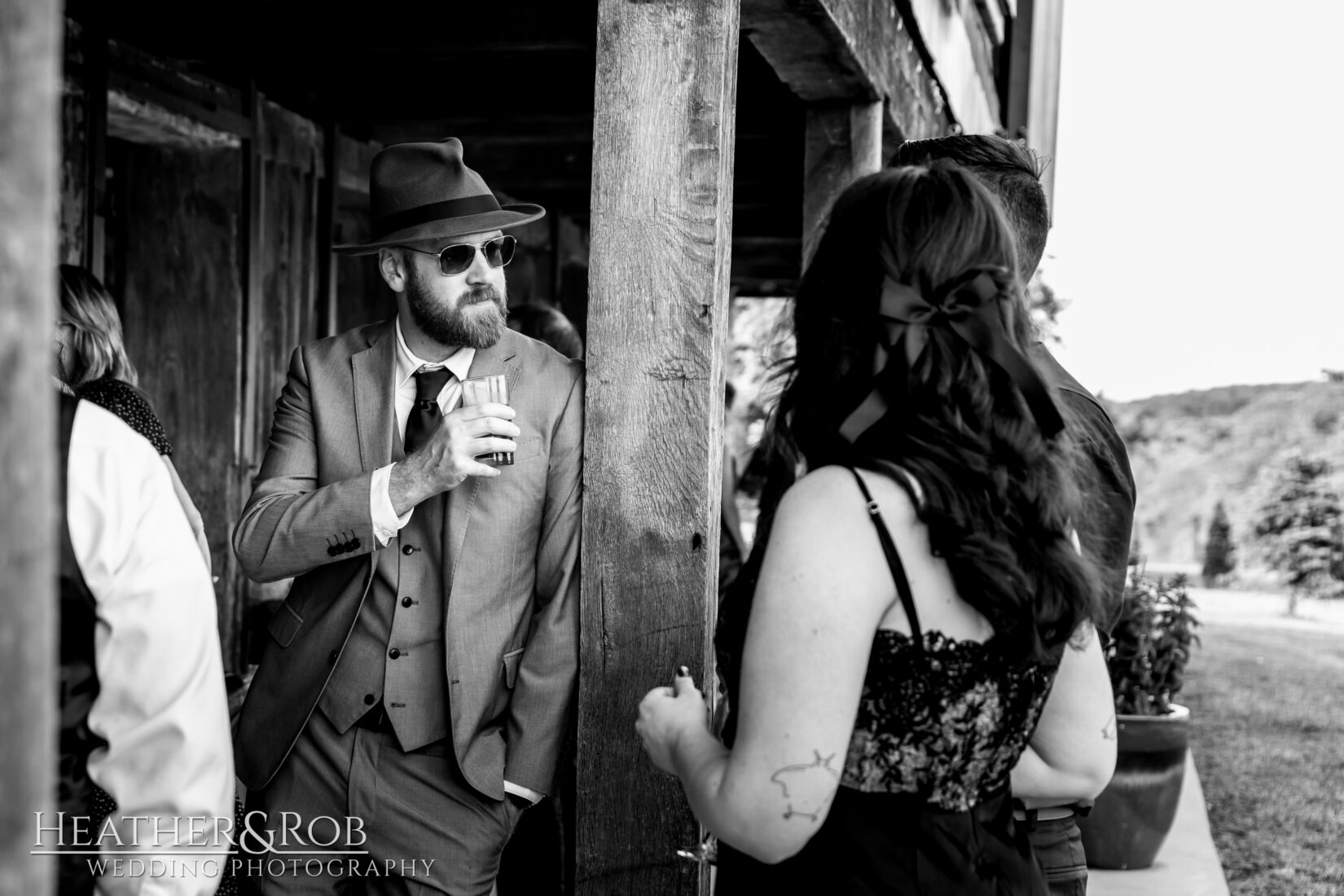
- Photo by Heather Betz
Budgeting for Wedding Photography: Will there be a cocktail hour?
The time between your ceremony and reception is yet another factor in determining the length of your wedding day celebration. Even more so if your ceremony and reception are at two different locations. While most schedules allow time for the formal photographs, it usually runs concurrent with the cocktail hour.
As discussed above, if you opt for a First Look, there not be a need for formals after the ceremony, freeing up time for you to mingle with your guests or just relax in the bridal suite and revel in your new relationship status!
We’ll get into it more below, but having two photographers can also be very helpful during this time as it allows one to focus on formals and the other to focus on the cocktail hour.
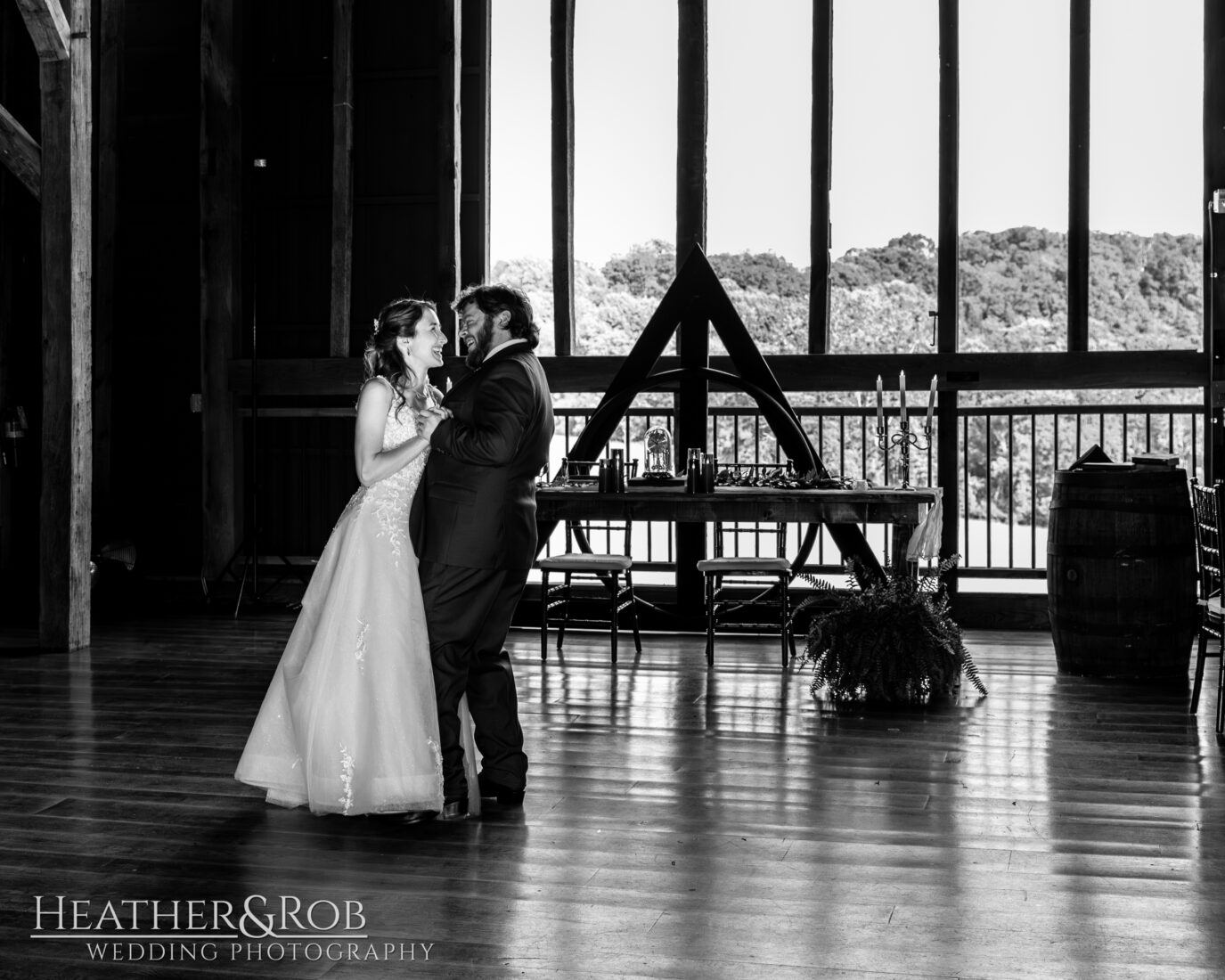
- Photo by Heather Betz
Budgeting for Wedding Photography: How long will the reception be?
One could argue that the reception is the highlight of any wedding day. To be sure, the ceremony is a big deal but it’s certainly not everyone’s favorite part. The reception is the party; the celebration! Receptions vary greatly in length and are the final piece of the equation in determining how long you’ll need a photographer.
There are a few things to take into account when budgeting for time with your photographer:
- Time between the ceremony and reception (including the cocktail hour)
- The number of formalities that will occur during the reception and when they’ll occur
- How will the evening end?
Time between the ceremony and reception (including the cocktail hour)
If you’re budgeting by the hour for wedding photography, make good use of the time you have between the ceremony and reception for formal photos as discussed previously. But if your reception is in a different location from the ceremony and a long drive, plan accordingly with your photographer to accommodate photography and travel time.
It’s often the case that we’ll be in a church for the ceremony, take formal photographs at the church immediately afterwards and then head to the reception for more formals. Sometimes the second set of formal portraits will be the same as what we took at the church mixed with other groupings we didn’t have the time for at the ceremony site.
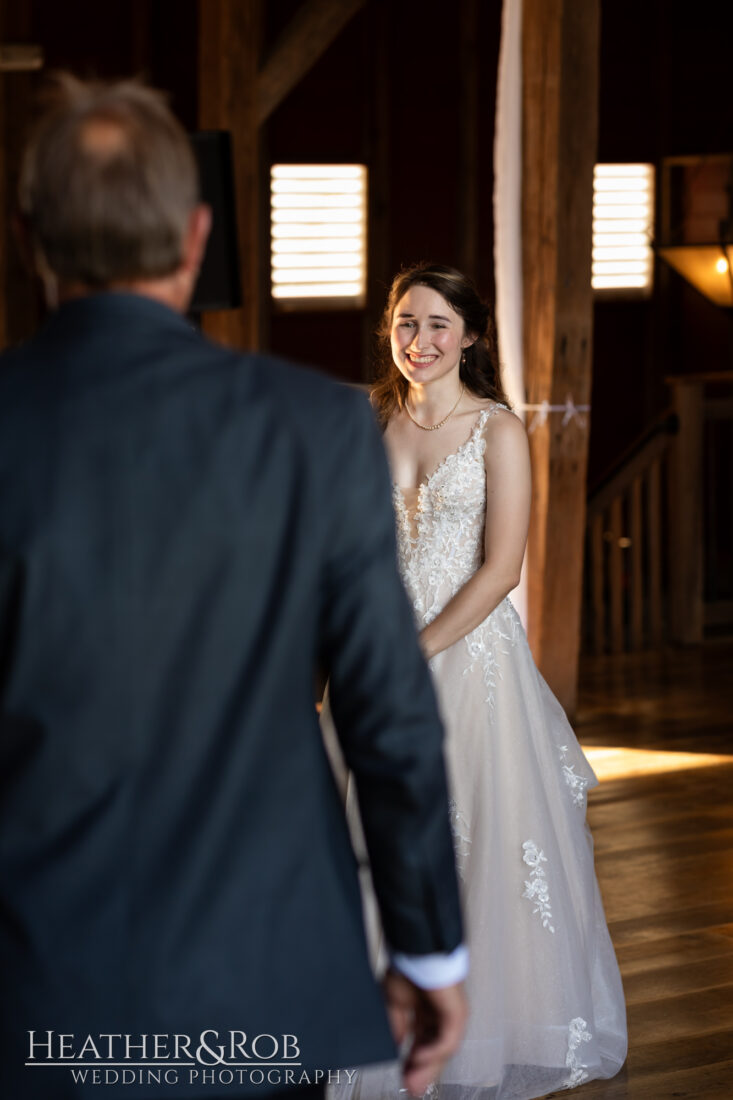
- Photo by Rob Betz
The Number of formalities that will occur during the reception and when they’ll occur
Wedding reception traditions have changed greatly over the years, but some of the basics still happen frequently. These are the newlyweds’ first dance, toasts, parent dances, and cutting the cake. Garter & bouquet tosses are not as popular as they once were.
Newer traditions have also begun to pop up as well; the shoe game, table rush, and the anniversary dance. Planning for the events that will serve as “mile markers” for your reception can help keep things flowing smoothly and help you plan accordingly for photography.
You want to space the events out enough so that guests feel like they can relax, chat, drink, and eat dinner (if a meal is being served). However, you don’t want too much time without interactivity.
A little advice goes a long way
When helping our couples plan their reception, we suggest the first dance follow introductions. Once the couple have danced and sat down, a parent might give a welcome speech, followed by a prayer, then dinner. Towards the end of dinner is a good time for toasts, followed by the parent dances. At the end of the parent dances is a great time to open the dance floor.
At some point during the evening, depending on the time of year and the actual times of your reception, your photographer should take you out for sunset photos and romantics. We allot 10 to 15 minutes for this, depending on the venue and the couple’s preference. Some couples want a quick sunset photo and then to get back inside while others may want to use several spots at the venue.
Once we’ve done our sunset photos and returned the couple to their reception, it’s time to cut the cake! From this point dancing can continue or they may be doing a garter & bouquet toss or another one of the traditions mentioned above.
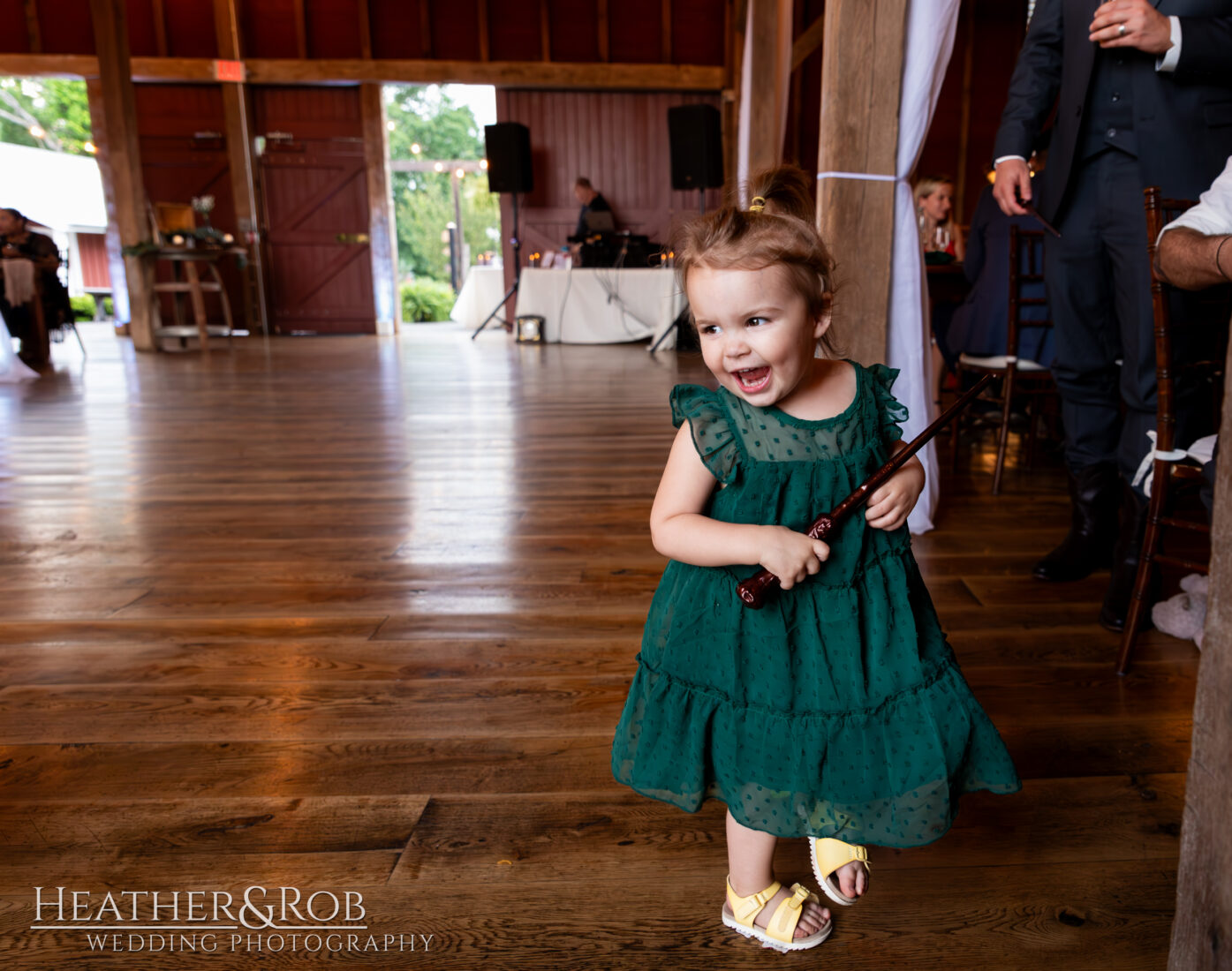
- Photo by Heather Betz
How will the evening end?
All good things come to an end. The final piece of budgeting for time while budgeting for wedding photography is the end of the night. If your reception is going to gently wind down and come to a close, it can really help determine the time your photographer departs.
If the formalities discussed above are earlier in the evening followed by open dancing, your photographer may not need to be there until the very end of the night. Once open dancing has started, an hour or so of additional shooting will result in lots of great photos to tell the story.
However, if you’re doing a Sparkler Exit or some other kind of sendoff, you will definitely want to have the photographer there to capture the ending to your big day. You can even consider doing the send off a little early to ensure that the professional captures it!
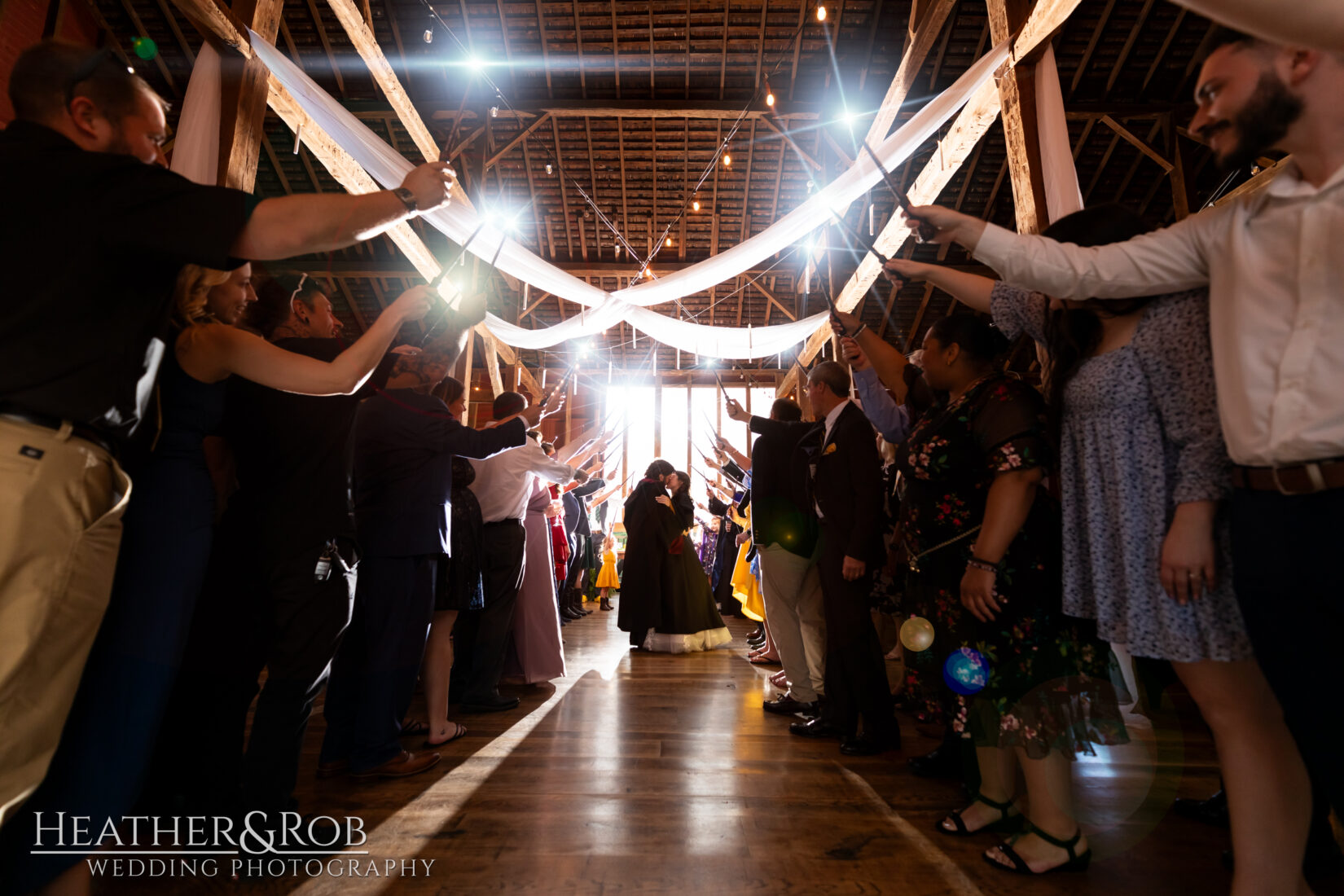
- Photo by Rob Betz
Novice vs. Pro?
You’ve determined roughly how long you’ll need a photographer for. You now need to decide whether to hire a novice or a pro. This, of course, assumes you haven’t decided to just let your friends and family document the day with their phones. This will set you firmly on the path to disappointment. Alternatively, let’s explore the other options.
The differences between a novice and a pro may seem obvious; experience and skill. Experience is just that; how long has the photographer been a photographer? How many weddings have they photographed? Experience more than anything else is the great teacher. This is true of any skilled trade and photography embodies this truth beyond any doubt. Experience in turn builds skill.
It’s important to differentiate between skill and talent. Talent is an innate quality anyone who aspires to be a photographer should possess. The knowledge require to take a photograph can be learned but talent is something you either have or don’t have and you’ll have no trouble finding a talented novice. But talent doesn’t translate to skill.
Budgeting for Wedding Photography: A Novice is Cheaper But at a Cost
Novices will always be less expensive than a pro but will also lack the experience and skill a pro brings to the table. And while every novice needs and deserves to have opportunities to further their experience and increase their skills, are you willing to have your wedding day potentially be one of their hard-learned lessons?
The lower price of a novice photographer comes at a cost. Unlike a seasoned pro, a novice photography will have less equipment; fewer lenses, flashes, and cameras. They may only have one camera and one, maybe two lenses. And the one camera they have may be a lower tier of equipment and not shoot on two media cards at once like higher end professional cameras do. So, if something breaks, you may be up the creek without a paddle.
Because they charge so much less, a novice’s shortcomings may extend to the ‘backside’ of your wedding day. They may not have as much storage space on their computer, perhaps not enough to do proper backups. Additionally, they may be re-using their media cards, meaning eventually your original photos will be deleted. They may use a cheap computer monitor that is not calibrated properly (or at all) for color.
There are countless stories of people whose biggest wedding day regret was not hiring a seasoned pro as their photographer. And that’s what we’ll make the case for in the next section.
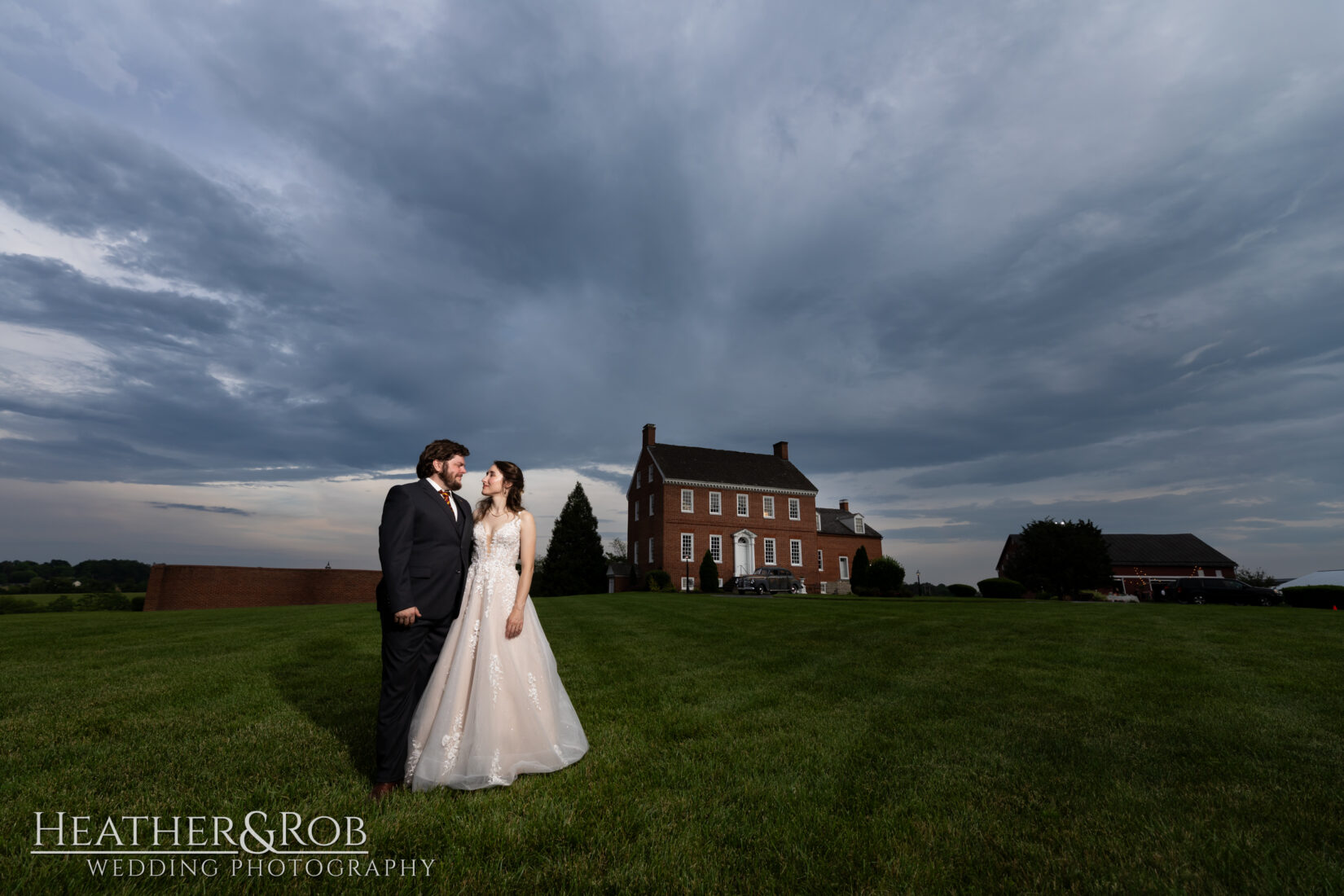
- Photo by Rob Betz
Budgeting for Wedding Photography: The Case for a Seasoned Pro
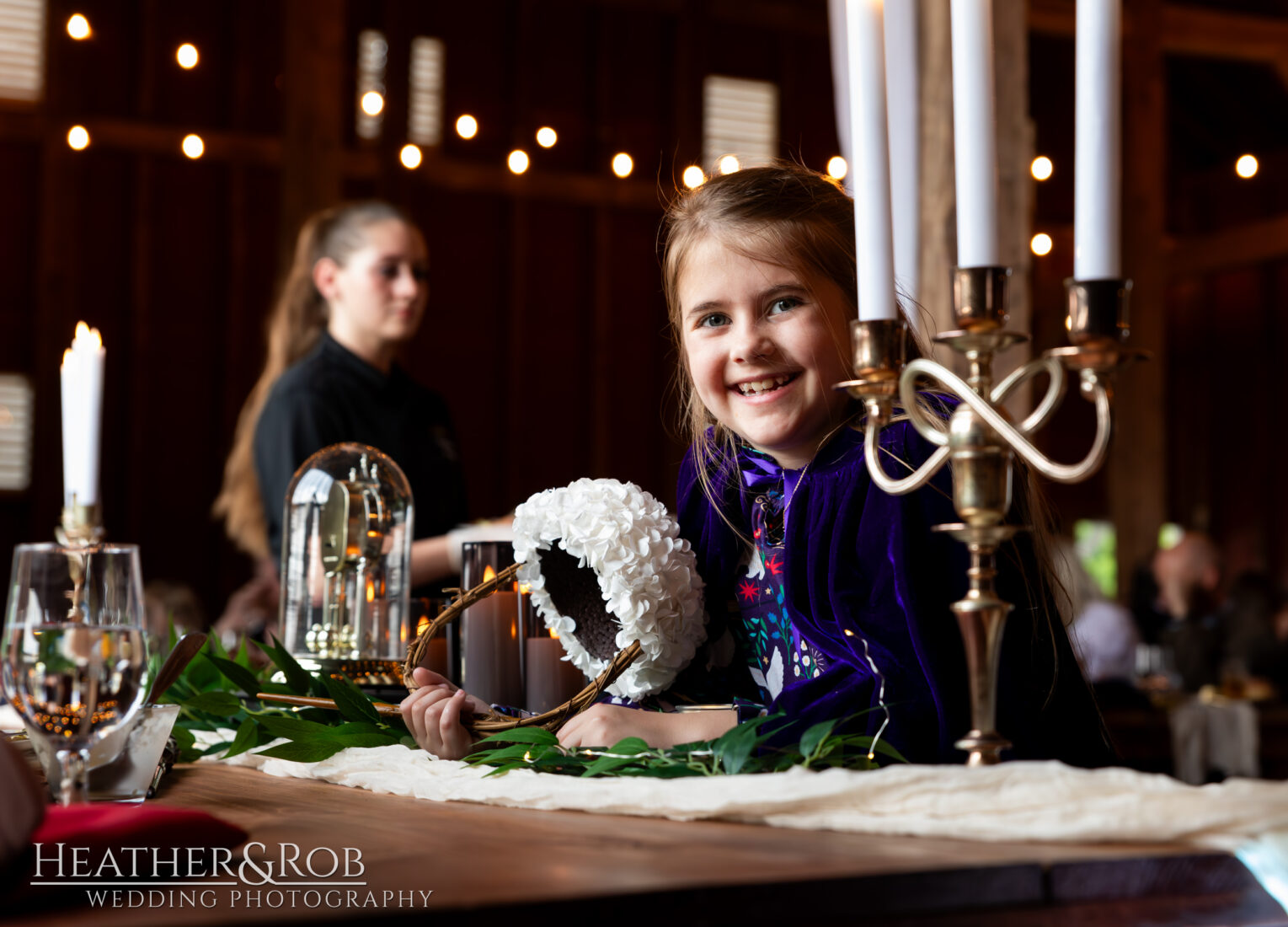
- Photo by Heather Betz
Backups and Lots of Them
Once the photos are downloaded, they are backed up to a second hard drive. Then the SD cards with the original photos are labeled with the couple’s names and put into a large binder.
SD cards can be erased and used again and again. Eventually they would fail, but not for a considerable amount of time. But just because we can re-use an SD card doesn’t mean we will.
Photographer forums are filled with horror stories that all have the same plot; a photographer formatted their SD card but hadn’t downloaded the photos yet and/or their hard drive failed and they hadn’t backed the photos up yet.
All Hope is Not Lost, But Most of the Time There’s No Hope
In rare instances, files can be recovered from hard drives gone bad and SD cards if the card hasn’t been reformatted (vs. just having deleted the photos manually) but more often than not, the photos are simply gone.
If you were lucky enough to get a sneak peek, those web resolution images may be all you have from the person you trusted to be your personal historian.
A 128GB SD card costs about $40 to $50 for the quality of card used by professional photographers. For the novice charging just a few hundred bucks this is a bigger chunk of their profit.
However, for the seasoned pro charging a few thousand dollars, this is a tiny expense and more than worth it to protect not just your wedding photographs but their reputation. This is why we buy new SD cards for every wedding.
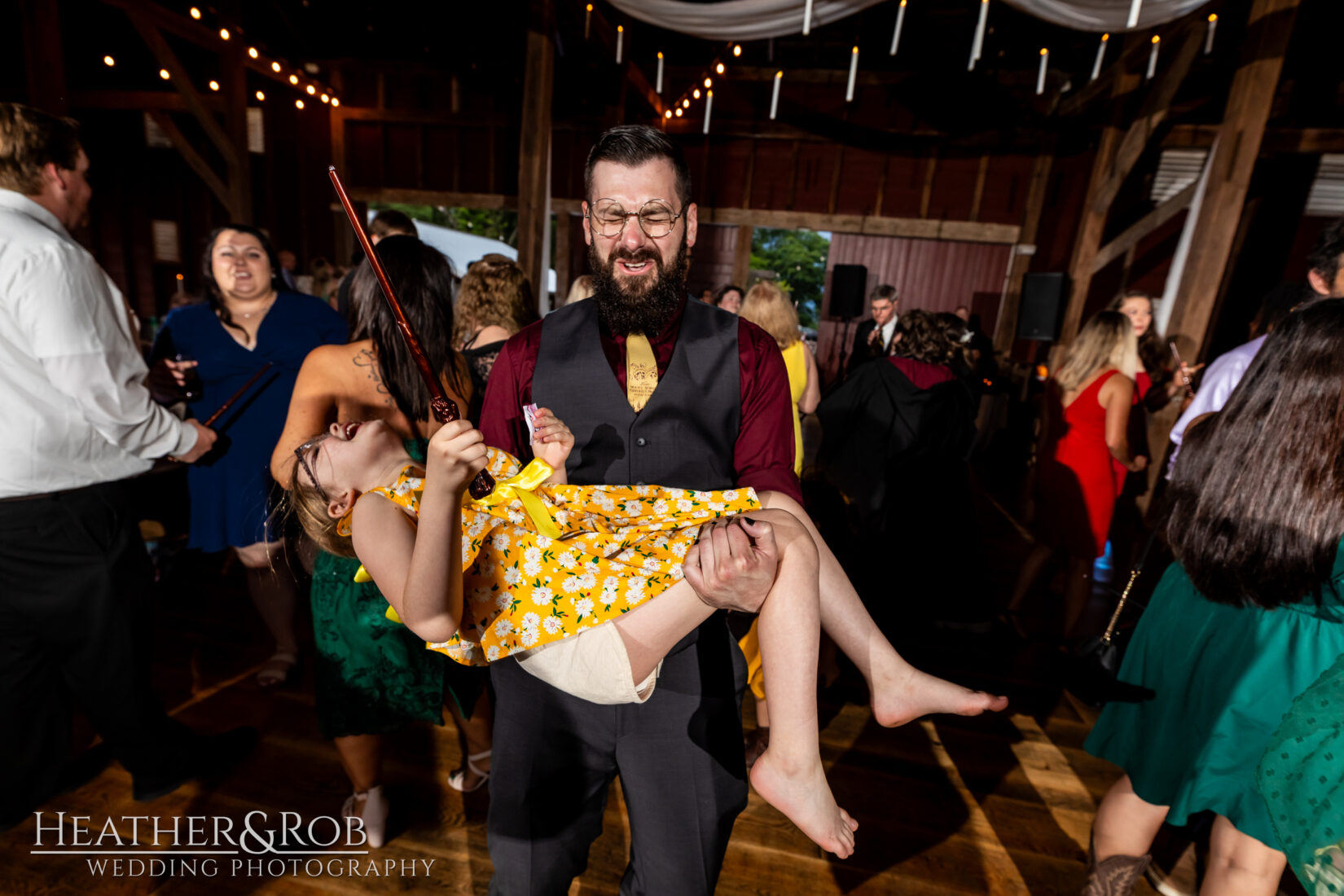
- Photo by Rob Betz
A Seasoned Pro Has Seen It All
As a husband and wife team, we’ve shot hundreds of weddings together over the course of ten years. For fifteen years before meeting and teaming up with Heather, Rob photographed hundreds more. Experience is the great teacher and not always through tragedy or mistakes. Innovating on the spot, adapting to changing conditions, and being able to do so without hesitation is what sets a professional photographer apart from a novice.
A bright, sunny afternoon may seem like the perfect time for photos but it’s not. The high angle of the sun makes for harsh shadows cast downwards on faces. If your photographer doesn’t know how to compensate for this with OCF (Off-Camera-Flash), your photos will be lacking.
That charming and rustic barn may be perfect for your wedding reception but if your photographer doesn’t know how to use OCF or their on-camera flash to properly bounce light, your photos will be lacking.
If your photographer isn’t shooting RAW images (vs JPEG) then their ability to color correct will be extremely limited and your photos will be lacking.
A seasoned pro has the experience and skill you want working for you. They know how to adapt to changing lighting conditions and get the photos that will make for incredible wedding day memories.
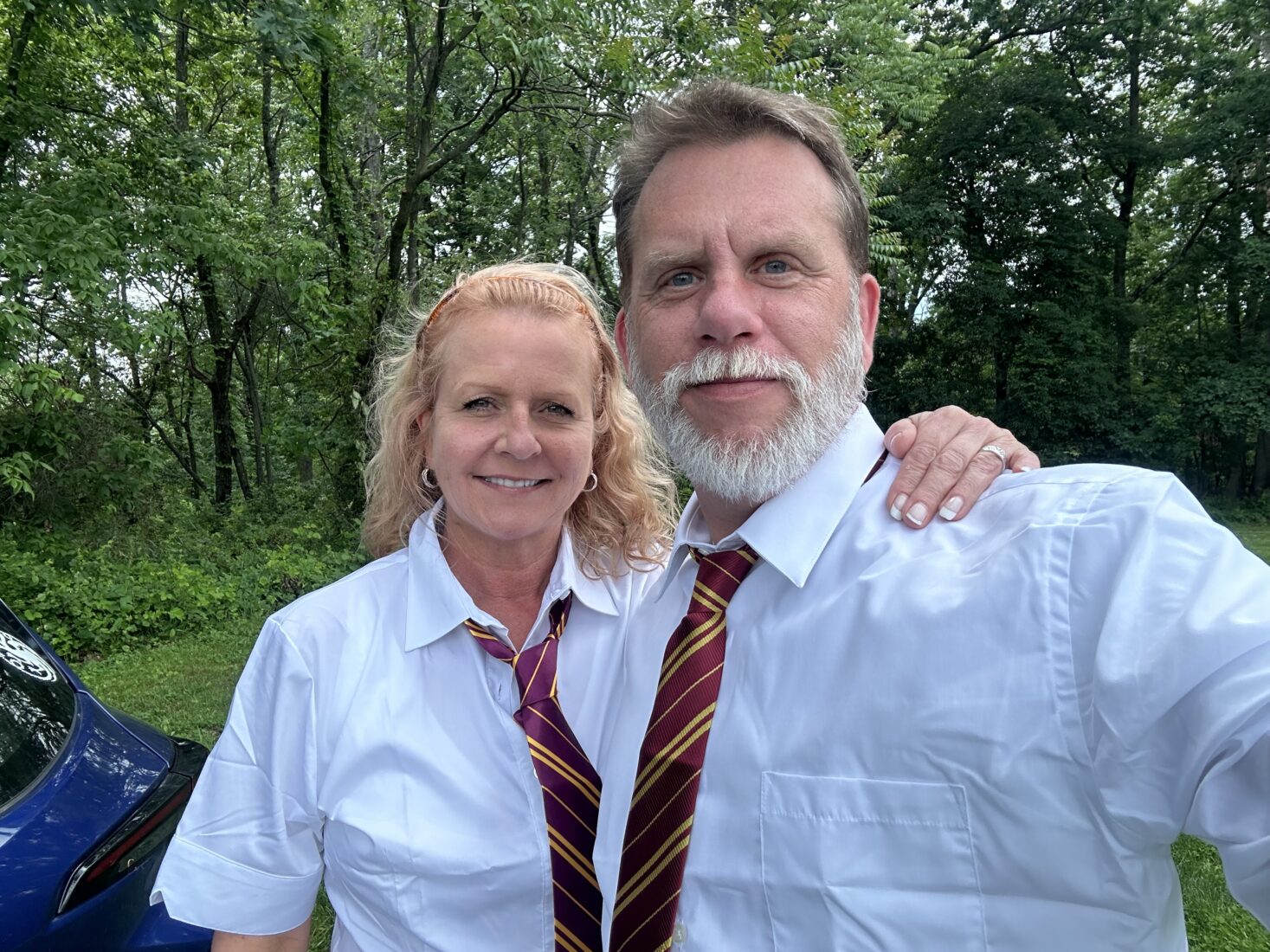
Especially when they come dressed to match your theme!
One or two photographers?
This applies more to the choice to hire a seasoned pro over a novice, but the principle in determining your actual needs is the same.
Your wedding photography budget will determine, in the end, whether you can afford a “second shooter” but your needs should play a part. As discussed previously, preparation photos can be captured in more depth with two photographers. Two photographers who have different styles and use different lenses and techniques to capture moments will offer you a wider variety of images.
A second photographer is also there to assist the primary photographer during posed formals. This is especially crucial when you have a long shot list and even more so when that shot list includes a lot of large group photos.
Two is Better than One, Except When It’s Not
As a general rule of thumb, if you have over 100 guests you can benefit greatly from having two photographers. And chances are, if you have that many people coming, you’re planning for a very big Big Day.
If between 50 and 100 people are coming to your wedding, you could very likely benefit from two photographers but one seasoned pro could handle the day alone. The exception would be if you really want preparations photos for both bridal parties and they’re not going to be in close proximity to each other. If this is the case, you may want to opt for two photographers. In some situations, you may be able to have a second photographer for just part of the day, but as we’ll discuss below this may not be as cost effective as you think.
If you’re having fewer than 50 people and/or your venue is small, it’s probably best to go with one photographer. Small venues usually mean a lower guest count, but we’ve seen a lot of people crammed into small spaces. Adding another photographer won’t benefit you in this situation.
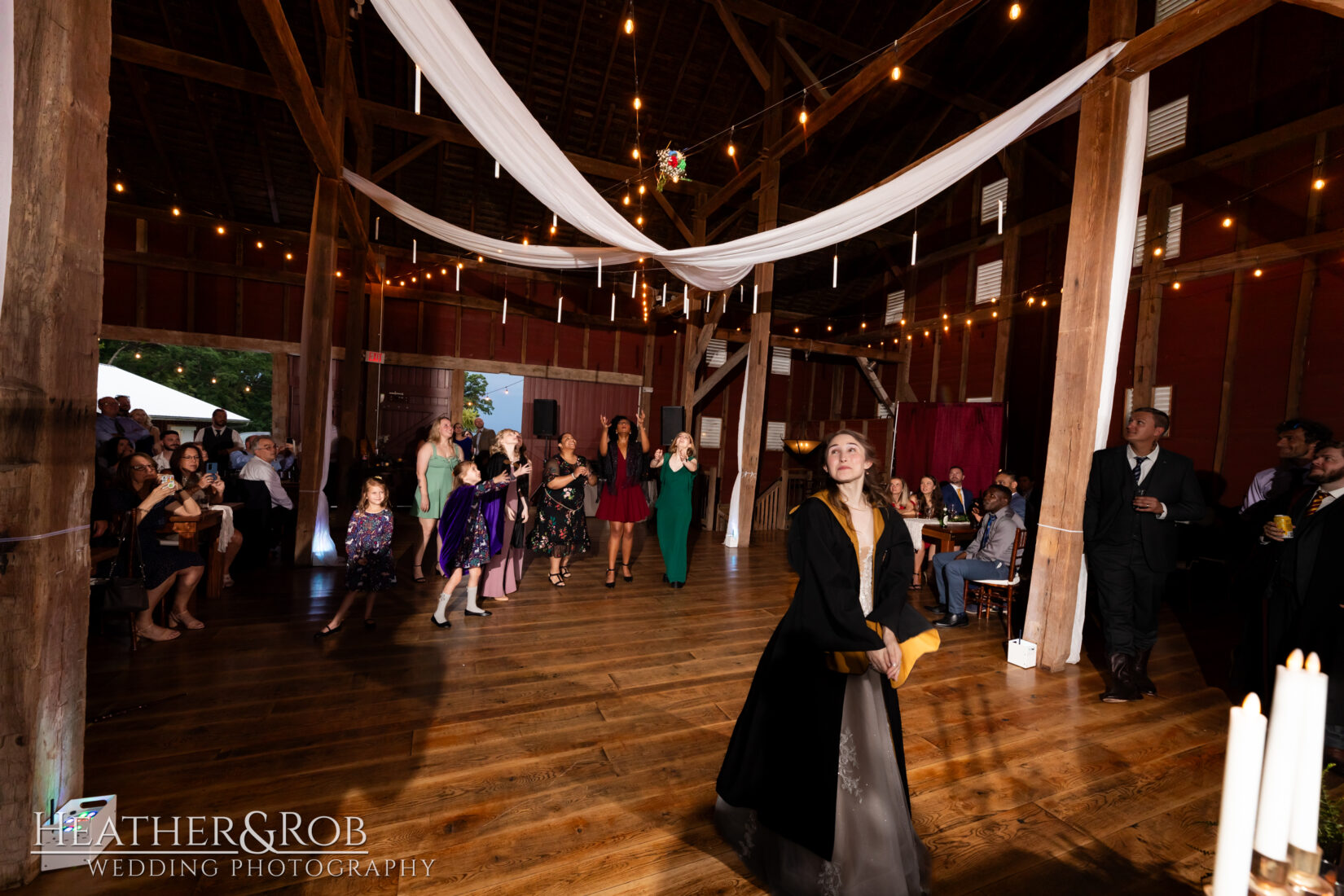
- Photo by Rob Betz
Reviewing portfolios
If you’ve made it this far or, alternatively, have skipped ahead to this particular section then you’ve arrived at what may be one of the most important factors in deciding which photographer to hire.
If you remember only one thing from this whole article, let it be this; look at portfolios!
A photographer’s portfolio should be robust and showcase the breadth of their work. Beware of the portfolios that show carefully posed, precisely lit photos. Be skeptical of a novice’s portfolio if it includes what appear to be wedding photos with a helicopter or a Lamborghini or at an exotic location.
“Stylized weddings” are very coordinated workshops for aspiring wedding photographers. While invaluable for building skills in a low pressure environment, too often we see aspiring photographers passing off the results of these workshops as actual weddings.
We feel this is dishonest because it misrepresents their skill level. Formal photographs, in particular, require the right lighting and posing. A seasoned wedding photographer does not need hours to set up a shot, dial in their lighting and meter everything perfectly. This is because that seasoned wedding photographer knows they have about 3 or 4 minutes at most to select the location for formals, set up their lights, check camera settings, and begin taking photographs.
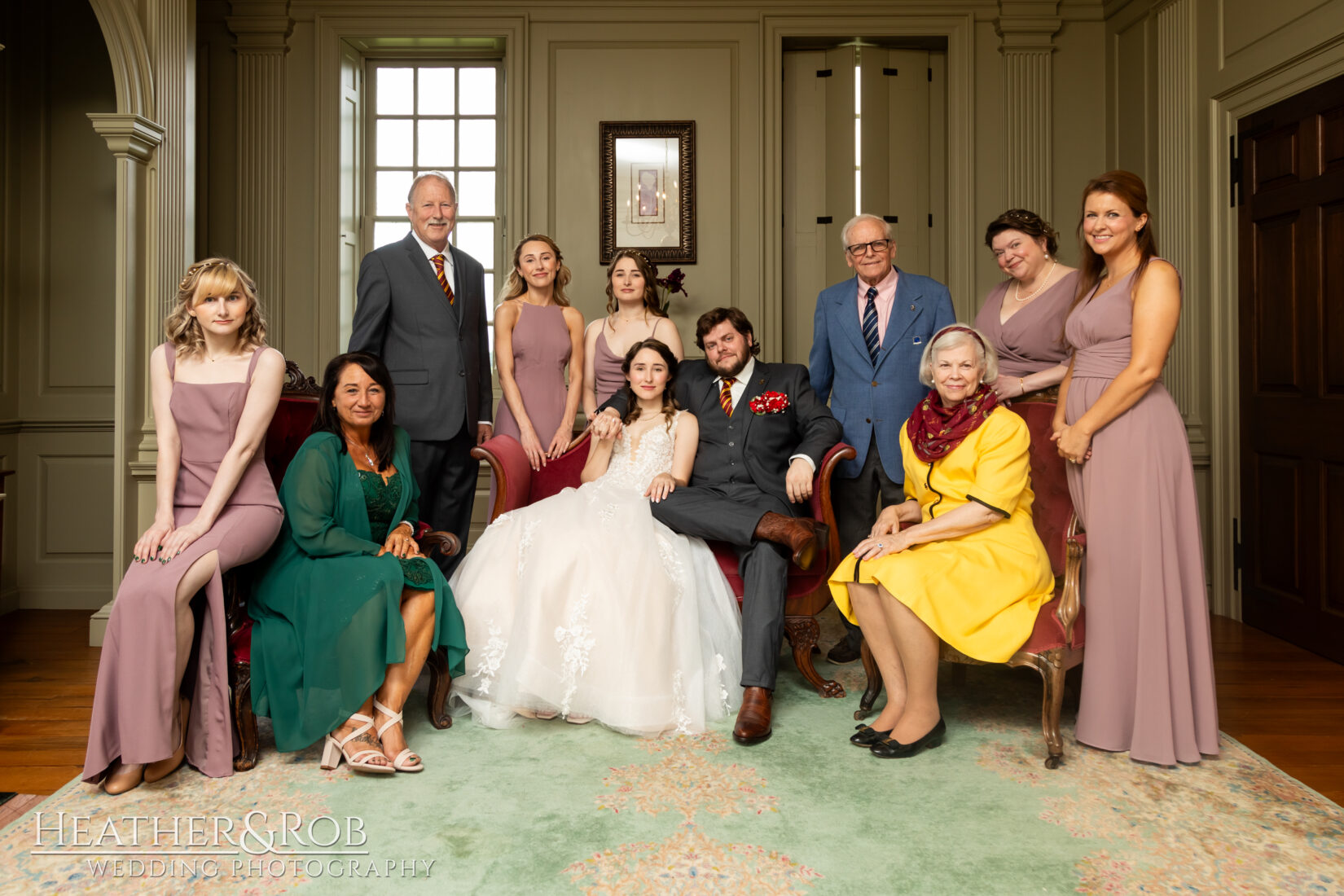
- Photo by Rob Betz
Consistency is Key. Variety Speaks Volumes.
When you’re reviewing portfolios, two things you want to look for are consistency and variety. Consistency in the quality of work a photographer produces reveals their skill and confidence. And consistency of quality across a variety of environments further demonstrates their abilities.
Are they showing you photos from throughout the day on multiple weddings or just a few “omg” shots? As previously stated, just because a photographer is a novice doesn’t mean they’re not talented. It certainly doesn’t mean they won’t get some beautiful photographs. However, a big difference between novices and pros is the consistency and frequency with which they get those beautiful photos.
Not All Environments are Equal
A big ballroom with tall, white ceilings makes for easier photography than a barn with dark rafters. Does their work demonstrate an ability to capture great images in both types of environments? A slow dance between a bride and her father is much easier to capture emotional moments than the fast paced nature of a dance floor later in the evening. Does the portfolio you’re viewing demonstrate the ability to capture well lit photos that capture the joy and revelry?
If your photos will includes groups of people with varying skin tones, you want to look for a photographer who knows how to account for that. Don’t be afraid to ask for examples of photos they’ve taken that demonstrate this, especially if you don’t see them in the portfolio.
A well rounded portfolio will demonstrate a talent for getting beautiful photographs in any environment, at any time of day, and with people who have a variety of skin types.
An experienced photographer will have the well rounded portfolio you’re looking for and will come at a higher price. We’ll discuss that next and try to provide a deeper understanding of what goes into pricing photography services.
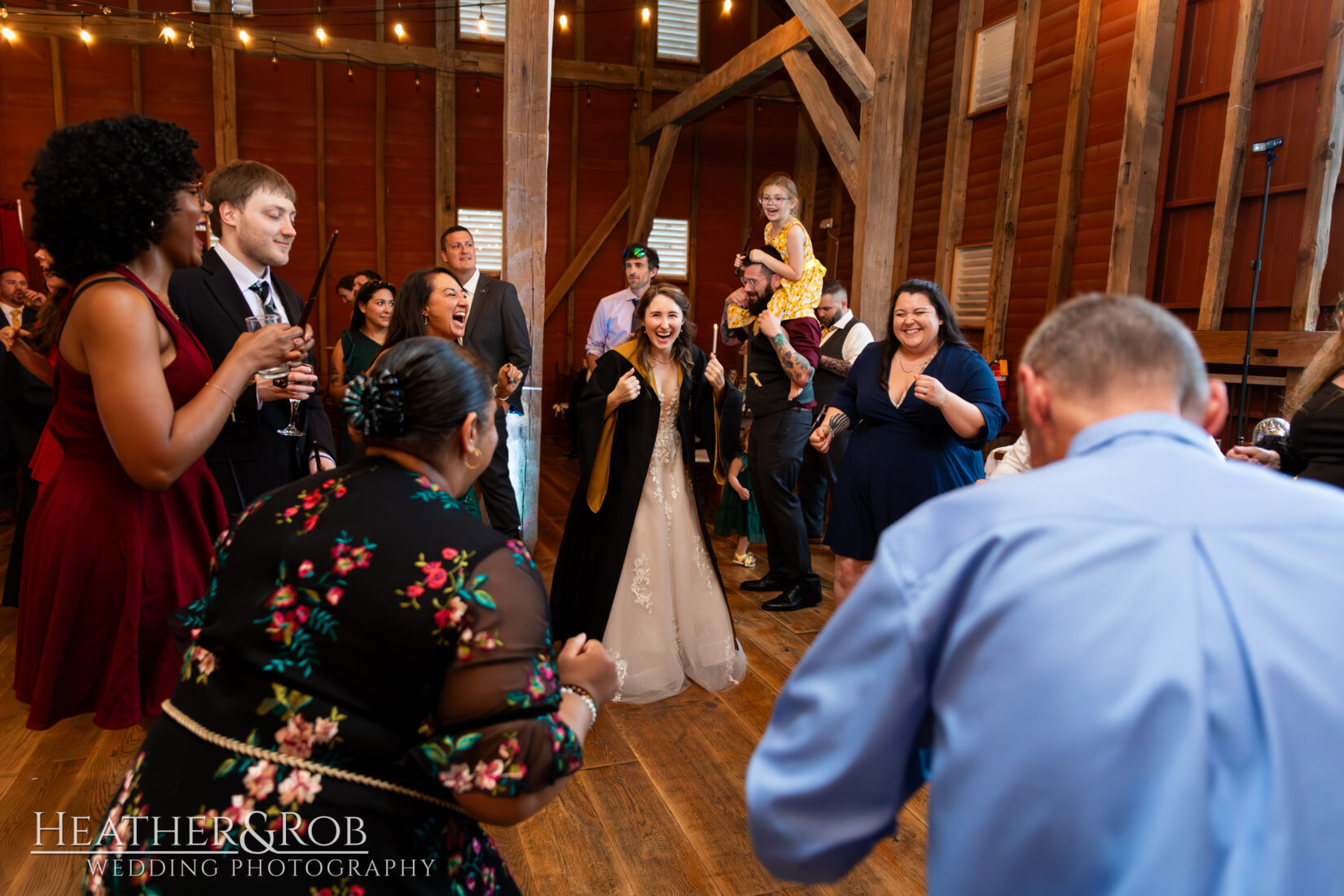
- Photo by Heather Betz
Understanding photography pricing
Just because you found one photographer charging $500 for 8 hours of coverage plus albums doesn’t mean the others are overcharging. An inexperienced photographer trying to build their portfolio will always cost less.
The experience gained from actually photographing a wedding is, in a budding career, more valuable than the money made doing it. Depending on their circumstances, a novice may even be willing to lose money by paying for albums that cost more than the fee they charged.
It’s Not Just Ego
Previously we discussed determining whether to hire a novice or a pro and the impact it would have on your spending when you’re budgeting for wedding photography. However obvious some of the reasons a professional costs more, it’s important to understand the higher price is far more complicated than, “I’ve been doing this a long time and am really good so I charge more.”
To be fair and to a degree, that’s true. Let’s just be honest. This applies to almost any profession. For a photographer, ego plays a big role in determining your worth to clients. It has to. You’re asking someone to pay you in exchange for your services. In order for that to happen, they must love or at least like your photographs. That means you do, too. You have to love the photos you take as a wedding photographer.
It takes a little bit of ego to say, “Look at this amazing photograph I took, let me tell you why I love this photo (that I took), and ask you to imagine the amazing photographs I can take of you.”
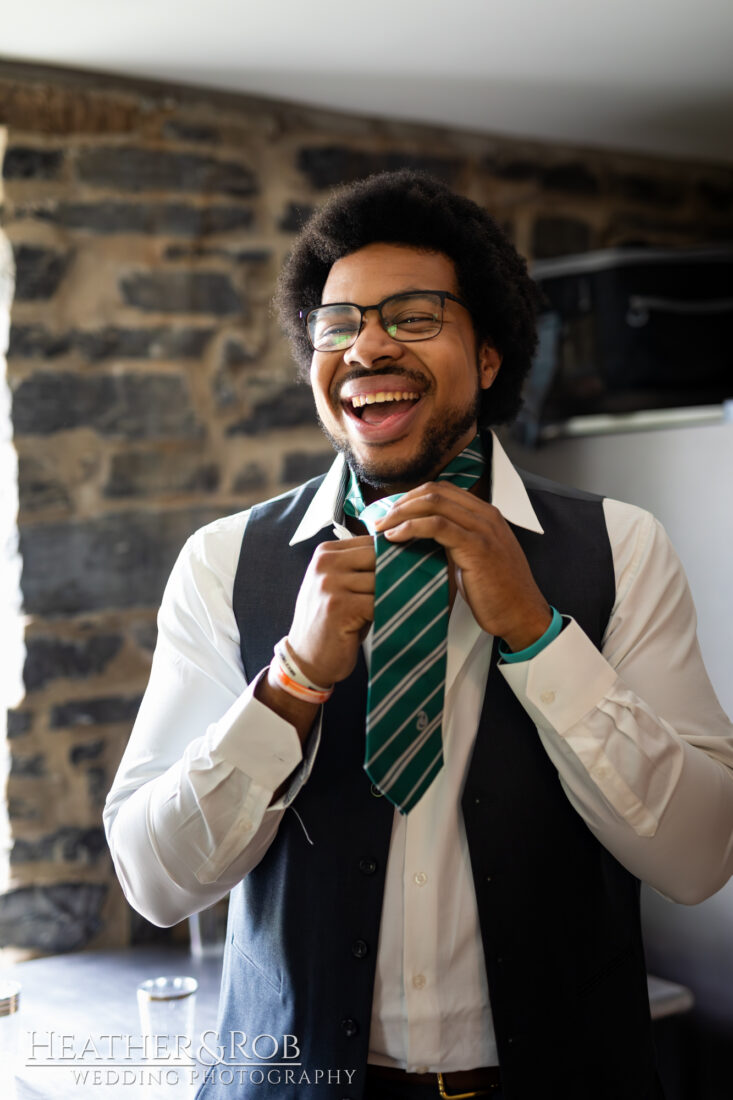
Being successful as an artist means love your work as much as you want others to love it.
- Photo by Rob Betz
We’re Worth Your Investment in Us. Just Ask Us.
The ego aside, as seasoned pros we know what we have invested in ourselves. From the cost of cameras, lenses, and accessories to software subscriptions and the right computer hardware, our costs just to be photographers are enormous.
We won’t delve into the numbers. If you’ve read this far it’s likely you’re savvy enough to know that the big pro cameras cost thousands of dollars and the lenses even more. That’s all true. We have spent a lot of money to ensure that the money you spend is well spent.
We have higher costs to do what we do than a novice might. When pricing our services, we factor in a lot of variables, including the following:
- Purchasing and maintaining multiple high-end cameras
- Purchasing multiple on-camera flash heads and wireless flash systems along with their accessories
- Purchasing and maintaining multiple high-end lenses
- Batteries, both rechargeable ones for the cameras and wireless flashes but regular batteries for the on-camera flashes
- Subscriptions to the software apps we use to edit photos and videos and websites we use to provide our services
- The high-end computers we use to edit photos and videos
- Multiple hard drives for storage and backups
- Cloud services for online backups
- Webhosting for this website
- The premiums we pay to insure our equipment, our business, and ourselves
You might be wondering, “Does more expensive equipment necessarily mean better photos? What about talent? Skill?”
Yes, skill and talent matter. And yes, more expensive equipment does mean better photos. Simple as that. A cheap lens will not produce as good an image as an expensive one. A high-end professional camera will deliver a much cleaner, crisper image than a low-end starter camera.
The lenses we use cost more because they’re made with higher quality glass, more precise mechanisms, and advanced electronics. The cameras we use have larger, more advanced imaging sensors and advanced processing capabilities.
But actual financial costs are not the sole factors we use to determine how much we charge for our services.
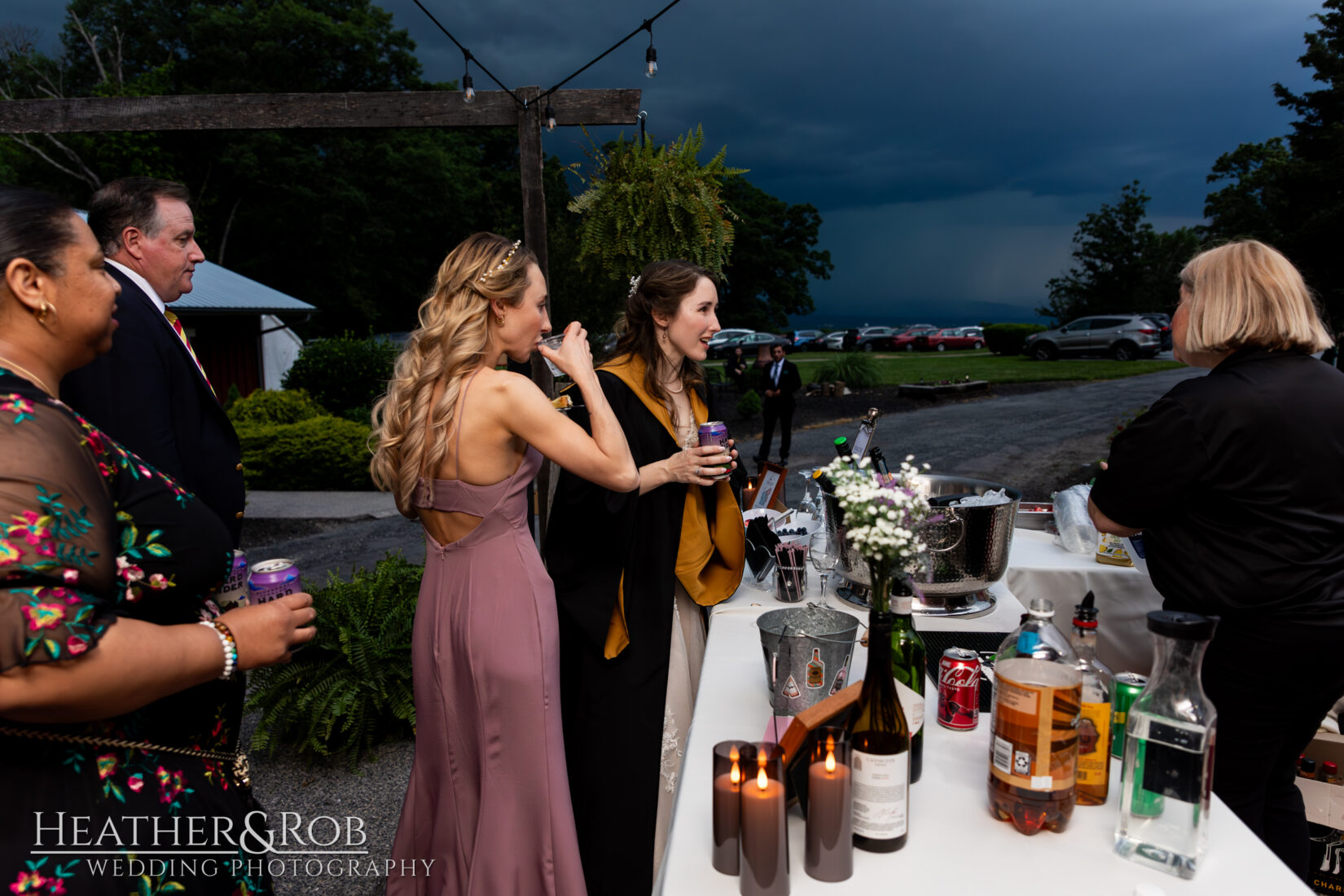
- Photo by Heather Betz
That’s a Lot of Money for Just 8 Hours of Work
Once in our careers have we actually heard these exact words spoken to us. It was at a bridal show and was said by a father of the bride. It was midway through the conversation with him, his wife, and his daughter the bride to be.
The bride to be looked mortified. Mom looked irritated. It’s easy to think that it was intended as an insult, but we used it as an opportunity to inform. To clarify.
The hours we work for you extend far beyond the time we spend with you on your wedding day. Whether it be 6 hours or 8 or even the entire day, hours of editing lie ahead for us. Hours and hours of looking at photographs, determining which ones best tell the story of your day, culling, editing, evaluating, re-editing, and finalizing them to organize and upload for you to finally see.
An hour of taking photographs translates to two or three hours of editing.
This particular dad was able to understand that when all was said and done, we were making a living wage from the fruits of our labor. Furthermore, he recognized and appreciated the hard work that went into earning every dollar we were asking him to spend.
He saw the value in the services we provided and was no longer skeptical of the price. They booked us for the wedding and were glad they did.
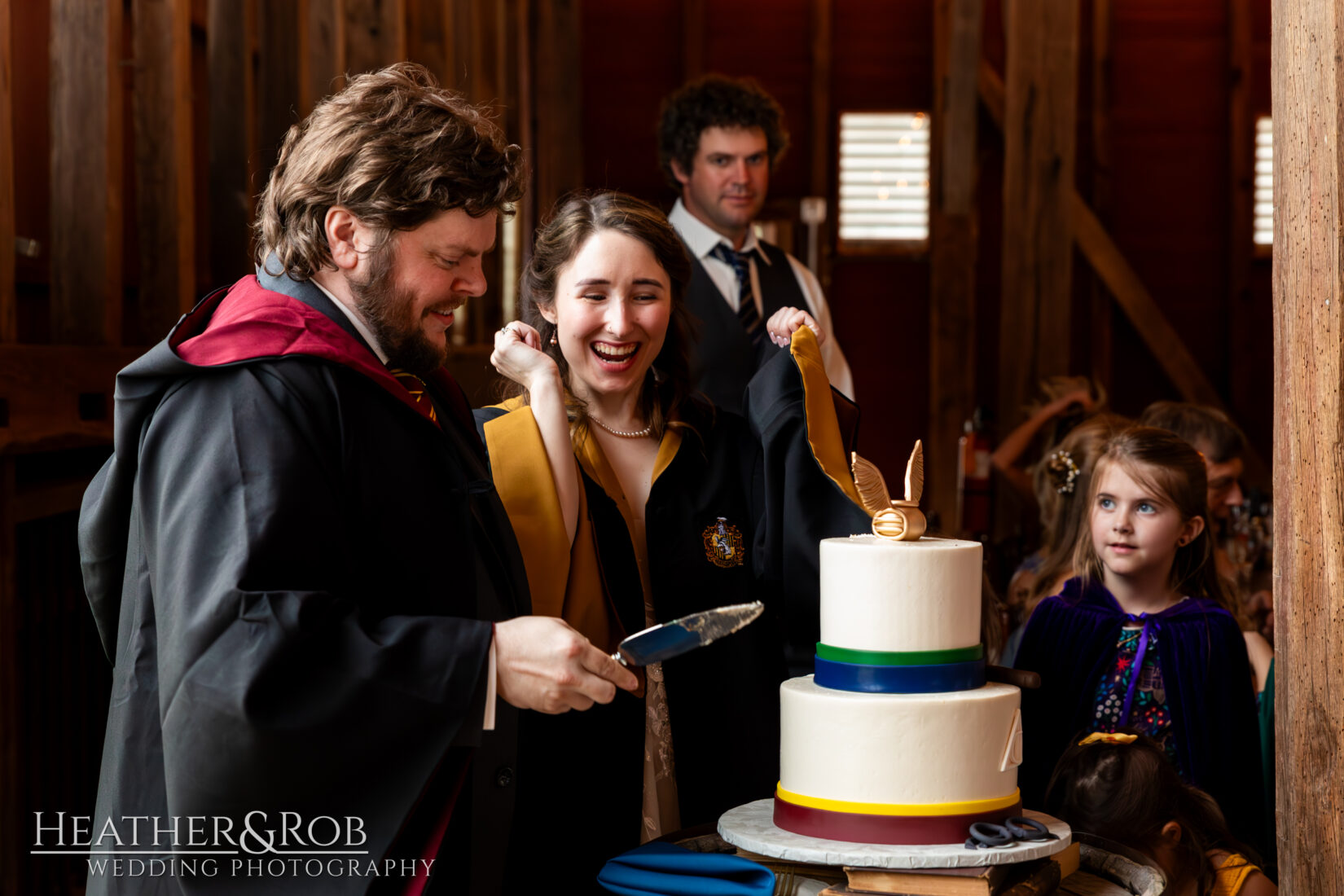
- Photo by Heather Betz
Budgeting for Wedding Photography: Understand you’re paying for more than just our time on your wedding day
You’re hiring us to take photographs on your wedding day, carefully choose the ones that will best tell your story, and edit them from raw images into masterpieces worth of adoring your walls for generations to come. We understand that your investment comes with high expectations and we’re confident in our ability to meet and exceed them.
Interviewing photographers
So you’ve decided on how many hours you need and whether you’d like one or two photographers. Somewhere along the line, you’ve no doubt looked at pricing and given yourself a number. You’ve reviewed the portfolios of photographers you know are within your budget and may have even sent messages to ones whose work you liked but didn’t see pricing for.
You’re ready to chat. You’re ready to find the right photographer. Now come the meetings and zoom chats. Now is your time to be discerning and go with your gut.
Budgeting for Wedding Photography: You want to LIKE your photographers.
Seems pretty obvious but you need to feel comfortable with your photographer or your photos will convey just that; an uncomfortable person who’s not at ease with the person taking their picture. As much as talent, experience, and the right equipment are the traits of a great wedding photographer, interpersonal skills and their ease at meeting and speaking to new people are essential.
We’re in the business of documenting your lives. We need to you to like us. We want you to like us. When you do, you’ll be comfortable enough to be yourself…
We’ve been told over the years that our beautiful photographs are what drew people to us; either at a bridal show or online through our website, it was our work that piqued their interest but it was us that sealed the deal. For some it was the passion with which we spoke about photography, for others it was the ease with which we seemed to work together, and others it was simply the way we approached the conversation and how we put them at ease just by talking to them and listening.
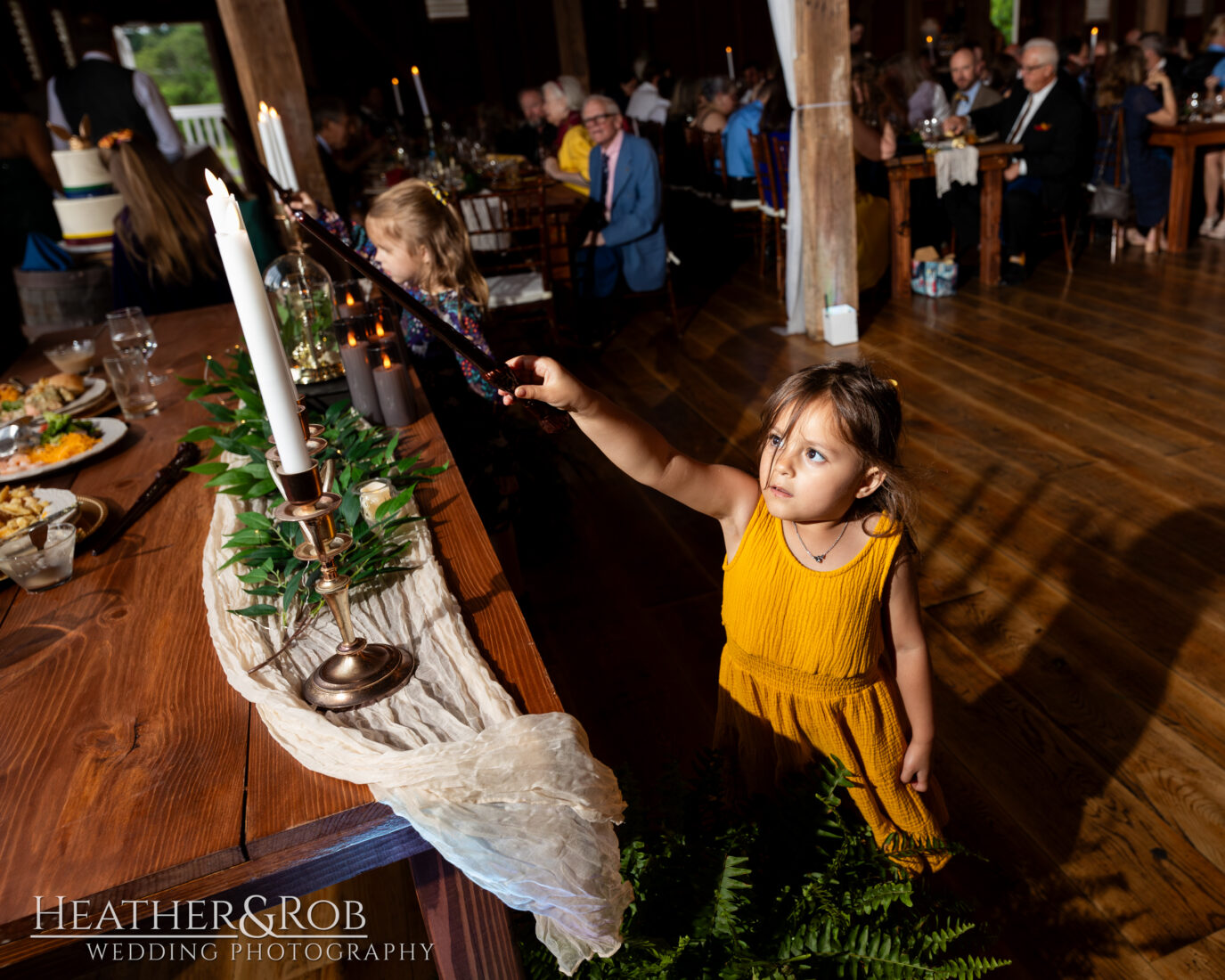
- Photo by Rob Betz
Ask Questions
Don’t be afraid to ask questions. Maybe you’re a photography hobbyist or know enough about the trade to ask what kind of cameras and lenses they use. You might really want to know. And make no mistake; photographers love talking about their gear. They’re proud of it.
Ask questions you think will help you figure out if you are going to be able to work with this particular photographer. You’ll find a reason in the answers to not hire them or you will come to genuinely like them.
When you genuinely like the person, you’ll be comfortable with them when that camera comes up. You will trust them and feel no need to be anyone but yourself. You’ll feel like you just made a new friend or reconnected with an old one. You’ll know you found your photographer(s)!
Signing a contract
- the services you’ll be receiving (photography, photography and video, etc. and how many hours)
- the date those services will be rendered (your wedding date)
- the cost of those services and (if applicable) the booking fee and payment schedule
- details regarding ownership of the photos (usually the photography retains the copyright)
- your printing rights (are you allowed to print them or do you have to order prints through the photographer?)
- the photographer’s cancellation policy
And they live happily ever after…
We hope this helped. We avoided telling you how much to spend. That’s entirely up to you at the end of the day. Our goal with this blog was to help you understand some things you should consider when budgeting for wedding photography. Clearly, we’re biased towards you hiring a pro versus a novice. If we’re being honest, which we can after the long journey to this sentence; we want you to hire us. But we know not everyone who reads this will, so we’ll settle for you making an informed decision you’re happy with in part because you read this.
Good luck and congratulations!


